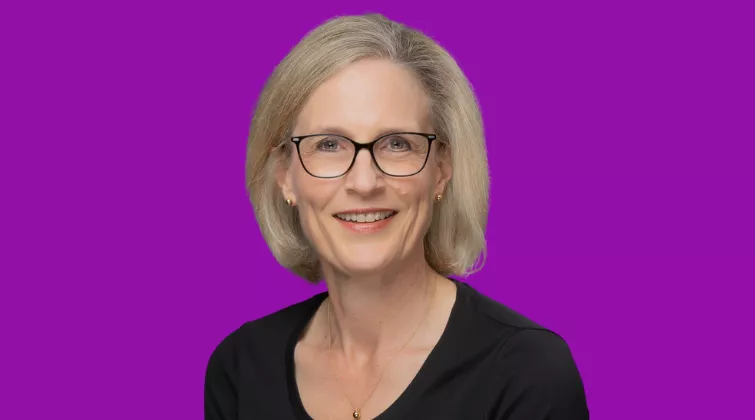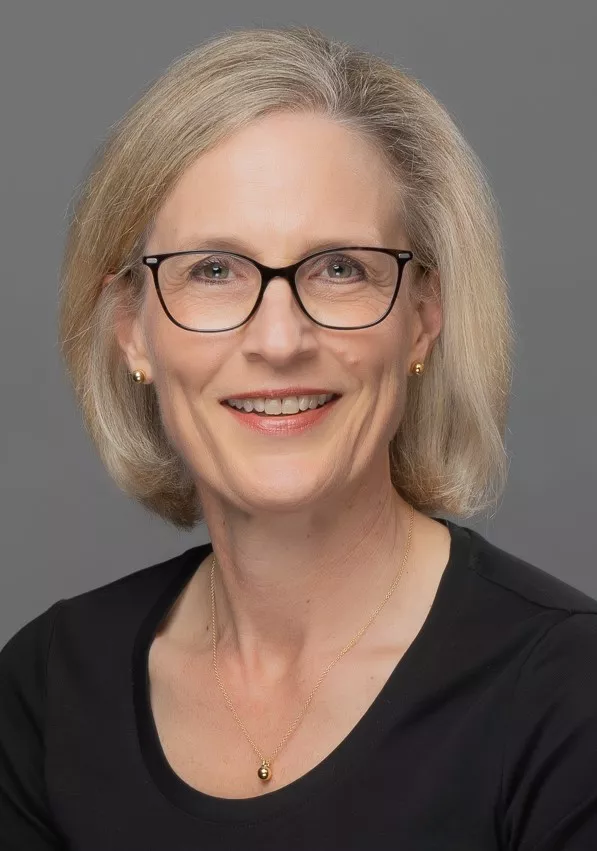
I always knew we were going to be blown away by Bob Klaber’s plenary talk at the College conference. However, I underestimated just how deeply so many people have been impacted by it.
Among many other activities, Bob set up and co-leads a monthly meeting called ‘a conversation for kindness’ which now has attendees working in health and care from around the world. We asked him to talk about ‘Leading for Kindness in Healthcare’ and this gave him the opportunity to dig deep into the evidence for why kindness matters - why it matters to us as individuals, why it is crucial to our teams, how it impacts morale and staff wellbeing, and profoundly influences patient care.
Kindness matters
Kindness is a topic I spend a lot of time trying to understand better and weaving into all my work. So I needed no persuasion by Bob. However, what has blown me away is the extraordinary response from those who heard it. The feedback we have received is profound and spans medical students to retired paediatricians, UK and international RCPCH members.
The message they all have articulated is that kindness matters and we are determined to see it woven into leadership in every part of the organisations we work in. Kindness is good for us and it is brilliant for our patients.
Flicking through the feedback brought tears to my eyes. Bob clearly touched a very raw nerve and it is a real opportunity for us to recognise why we all think this is so important. I thought you may like to get a sense of some of the sentiments expressed in the feedback.
I feel hopeful after listening to your talk.
I was a paediatrician for over 30 years and when asked why I retired at 60, I had to admit that I retired because I just ran out of kindness… For me burnout was the result of working in an environment where these values meant less and less and I reached a point where I could not actually function as a good doctor anymore. Your talk gave me hope.
Thank you for what you said, this needs to be a movement that spreads across all areas of the NHS.
Many of you reading this may wish to listen to Bob’s talk. We are going to publish the video of his lecture on the College website so it is accessible to everyone soon, so please watch out for that (update - this video is now on our YouTube channel). You can also see some lovely images of Conference.
Discrimination and inequality in medicine
The General Medical Council has just published its report on how discrimination and inequality in medicine are being tackled. Every part of the health service needs to prioritise this with urgency and this report flags some specific areas that need close attention and where deep-seated change needs to happen. These include reducing the number of inappropriate referrals in relation to fitness to practice where there is clear data showing that ethnic minority doctors are twice as likely to be referred to the GMC by their employer, and international medical graduates are three times as likely to be referred (compared to UK graduates). And also, a focus on eliminating inequality and disadvantage in undergraduate and postgraduate medical education.
We all need to own this problem and all need to commit to improvement. With our extremely concerning workforce retention problems, it has never been more vital that these inequalities in medicine are addressed.
The inbetweeners
The National Confidential Enquiry into Patient Outcome and Death (NCEPOD) has been looking closely at how children and young people with complex chronic health conditions transition into adult health services. I commend their report, ‘The Inbetweeners’ to you.
For those of you who work with young people transitioning to adult services, I do not think the report findings will come as any surprise. The conclusion is that there is no clear pathway and the process is frequently fragmented. A number of recommendations are made which will be key to improving the current situation and there are some very useful examples of good service delivery which is a very positive way of highlighting excellent practice.
Quick check in on vaccines
Finally, it won’t surprise any of you that despite summer just beginning to make an appearance, we are focusing on how we can prepare as well as possible for next winter. It is alarming to see the rising numbers of cases of measles and so I think we can all play a role in checking our patients’ vaccination status when we next see them in clinic or the emergency department.
Ensuring children are fully immunised before the winter could make a big difference. There is going to be a variety of initiatives promoting childhood immunisation, especially in London, which now has the lowest rate of completed primary immunisations nationally.
I am away on holiday for the next two weeks so you won’t hear from me until the end of June when I promise to have a spring in my step and a renewed sense of energy!
With my best wishes to you all – and take care,
Camilla
This message was emailed to all RCPCH members who are opted in to receive College updates / professional updates. You can update your contact preferences at any time - log in to your RCPCH online account, go to My account | Your contact preferences, then make sure you've ticked College updates / professional updates.










